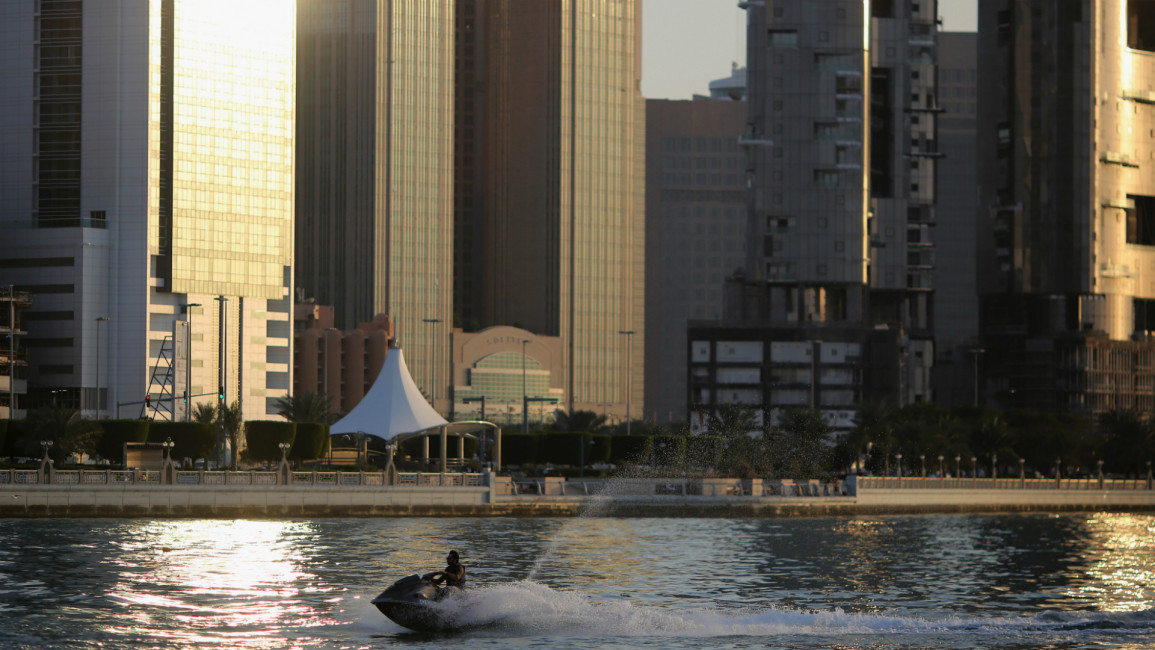UN 'concerned' about unfair trials and torture in UAE
The Human Rights Council, a body within the United Nations made responsible for the promotion and protection of all human rights around the globe, heard from the UN Special Rapporteur on the Independence of Judges and Lawyers, Gabrilela Knaul, who had recently visited the UAE.
Although she acknowledged the advancements the UAE legal system has made during the years in her report, she raised concerns about the torture of detainees, arrest without warrants, unfair trials and the independance of laywers, and enforced disappearances in the UAE.
The rapporteur found that in cases of alleged crimes against state security, authorities violate due process and international fair trial guarantees.
Knaul urged the UAE to reform the judiciary and bring the legal system in line with international law, and adhere to UN rights conventions that the UAE is signitory to.
The Special Rapporteur also recommended that the authorities establish an independent committee of experts to investigate all claims of torture and other ill-treatment, which has also been advised by Amnesty international who contributed to the hearing along with other NGOs.
Cases that were cited included Dr Mohammed al-Roken, who is a human rights lawyer serving a 10-year term of imprisonment in the wake of the UAE 94 trial, which saw the arrest of numerous opposition activists in the country.
Roken has been adopted by Amnesty International as a prisoner of conscience, and Amnesty has received thousands of letters of support for his cause.
The imprisonment of Osama al Najjar, who was arrested under the cybercrimes law last year for campaigning for his father, was also raised in the hearing.
In a press release, the International Campaign for Freedom in the UAE said that al Najjar had participated in the special rapporteur's visit to the UAE, after which his family reported that he had been subject to torture in reprisal.
Gabriela Knaul noted that “the current judicial system in the United Arab Emirates faces challenges that negatively affect the delivery of justice, the enjoyment of human rights and the public’s confidence in the judiciary.”
Knaul called for the release of all prisoners of conscience in the UAE.



